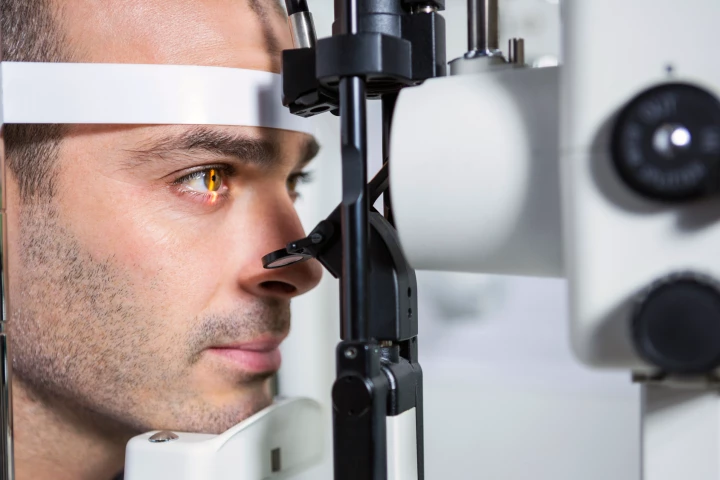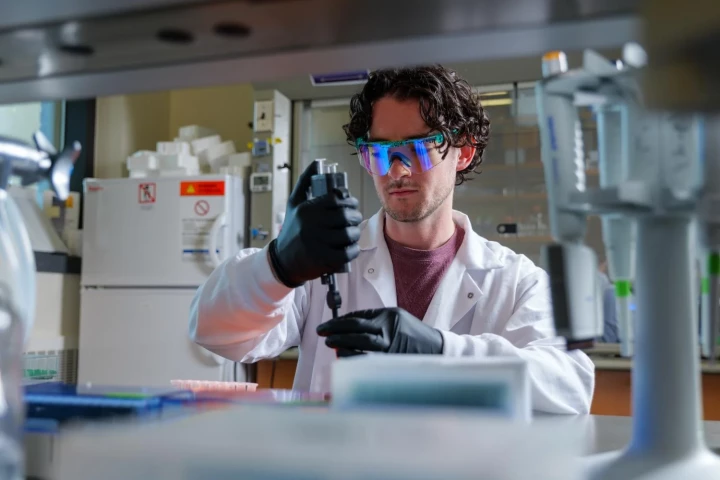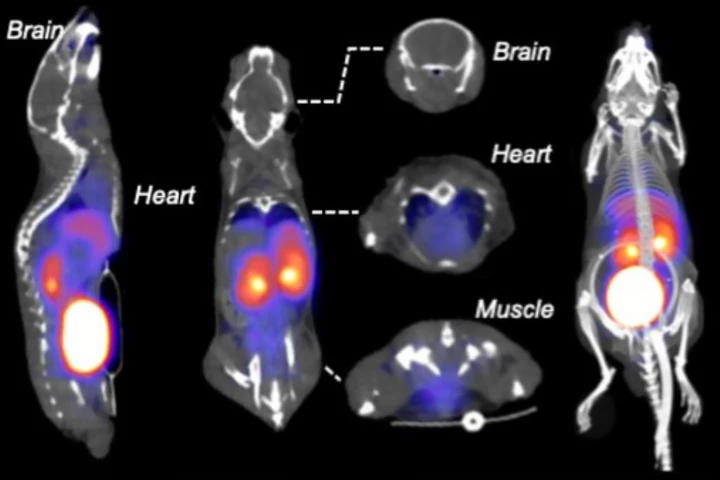Diagnosis
-
Scientists found that nearly every cancer harbors its own distinct community of microbes – tiny passengers that can influence how tumors start, spread, and respond to treatment, paving the way for a new era of precision medicine.
-
Scientists have rejected claims that acetaminophen is a key driver of autism spectrum disorder, cautioning that research is inconclusive and excludes genetics and a suite of other influences. What's more, it focuses on a "cure," not understanding.
-
A comprehensive review looking at autistic adults over the age of 40 has found that as many as 90% of cases are undiagnosed, leading older adults – who are more susceptible to poor mental and physical health outcomes – with no recognition or support.
-
A loss of smell can be one of the earliest warning signs of Alzheimer’s disease, but the cause of this sensory change have been unclear. Now, a study reveals that the problem may not lie in the nose or olfactory bulb itself, as previously thought.
-
Researchers have developed a simple, non-invasive method of diagnosing Parkinson’s disease early using an eye scan. It could mean treatment can start sooner or, alternatively, could be used to monitor the disease’s progression.
-
Scientists have made a major breakthrough in the accuracy and speed at which serious and often deadly pathogen infections can be diagnosed and treated. Often, this is time that is critically important in saving a patient's life.
-
Scientists at Oregon Health and Science University (OHSU) have developed a new blood test for pancreatic cancer, one of the most deadly forms of the disease. Tests showed up to 85% accuracy in detection, even in early stages.
-
Is obesity a disease or a risk factor for disease? It's a contentious question. In a new report, the Global Commission on Clinical Obesity strives to settle the enduring debate, introducing a new framework that seeks to redefine obesity.
-
Spanning nearly 100 laboratories in 45 countries, a landmark study has, for the first time, shown an association between genetic brain shape and size and the prevalence of neurological conditions such as Parkinson's disease and ADHD.
-
Nobody enjoys giving blood samples, but it’s a necessary part of doctor visits. Soon we might not have to, thanks to a new device that can isolate biomarkers for different diseases using sound waves, from a single drop of blood, in around an hour.
-
A new technique, which involves melting bacterial DNA found in blood samples, could deliver diagnoses of potentially fatal infections faster than ever before. Results may be obtained in a few hours, instead of days.
-
A radioactive form of fructose, a natural sugar found in fruit, can illuminate cancer and inflammation in medical scans. This approach has the potential to make diseases easier to spot than current techniques, leading to better early detection.
Load More











